Free housing, electric, and water. Bird has it made.

 23·6 天前
23·6 天前Acknowledged. Let’s say instead he’s living his dream.

 371·9 天前
371·9 天前I found a source in English: https://witness.co.za/news/2025/05/22/norway-cabin-owner-snoozes-as-cargo-ship-runs-aground-outside/
[email protected] If this is unacceptable due to rule #4 please remove and accept my apology.
Did you check out https://github.com/mozilla-services/syncserver?
EDIT: My bad, project is moved to https://github.com/mozilla-services/syncstorage-rs
This is a great policy for amateur (ham) radio. Start with the $25 Baofeng that barely receives and transmits all over the spectrum*, then grab the Alinco or TYT, eventually working one’s way up to Kenwood, Icom, Yaesu, etc.
A good transceiver is expensive so working up to the big boys is definitely worth the investment if the hobby takes hold.
*Baofengs are probably the worst first handheld transceiver (HT) because they are so poorly designed and quality control is non-existent. A new ham with a Baofeng is likely to become frustrated and give up. Check out the various ham radio/amateur radio communities for better suggestions for starter HTs if ham radio is of interest to you.
Get yourself a good soldering iron and a lot of fine-tips. There are a lot of tiny pins to solder if you add a header.
I have bought from a few sources, including Ali and DFRobot, and never had any quality issues. Adafruit is my other source, thoguh their stock can be very low for a long time.
Yeah I’m going on a bit of a victory lap here, I’m pretty happy with how this one turned out.
You should - this looks amazing! Nice work! I really like how the grain pops on the front of the drawer and the parallel grain on the sides is beautiful.

 8·29 天前
8·29 天前“Well, we got the vampire slayer position or the snake man position. Which’ll it be?”

 4·29 天前
4·29 天前Friday Flashback
FOG for those things it can’t do (imaging, deployment, capture)

 3·1 个月前
3·1 个月前Any moment now we’ll get a Gofundme

 271·1 个月前
271·1 个月前Remember kids, it’s not the fall that kills you…it’s the sudden stop at the end.
In the spirit of our Road Trips cover story, this month’s column is about wide-ranging passions preserved in museums across Wisconsin.
Think accordions in Superior, armor in Alma and mustard in Middleton. Glass in Neenah, wood type in Two Rivers and toilet paper in Madison.
OK, the Madison Museum of Bathroom Tissue is no longer around, having been flushed more than two decades ago when the curator, Carol Kolb, moved to New York City with The Onion.
But in its heyday, no less an authority than Time magazine wrote about the museum, noting in its March 17, 1997, issue: “Wisconsin’s 4-year-old Madison Museum of Bathroom Tissue has reached the 3,000-roll mark. One valued relic: loo paper from Graceland.”
Now, the toilet paper museum may or may not have been a put-on — having interviewed Kolb more than once, I think it depended on her mood — but nearly all the many specialty museums that proliferate in the Badger State are not only not gags, they also boast fascinating collections and backstories.
Humor does infuse the National Mustard Museum in Middleton, but only because its founder and curator, Barry Levenson, has a fun-loving personality. He’s serious about mustard itself. And there’s a lot of it.
“Over 7,000 mustards from all 50 states and more than 80 countries,” says Levenson, who has a law background, of the 33-year-old nonprofit museum’s current inventory. (A gift shop, under separate ownership, operates one floor above.)
He sponsors an international mustard-tasting competition and annually hosts a major celebration the first Saturday in August — National Mustard Day.
Levenson has always alleged that his mustard obsession — prepare to suspend your disbelief — came after his beloved Boston Red Sox blew a World Series. He was in an all-night grocery store only because he wasn’t someplace else. Levenson says he heard a voice in the mustard aisle: “If you collect us, they will come.”
Whatever its origin, the museum landed Levenson on TV with Oprah Winfrey and Jay Leno and almost David Letterman. His favorite mustard is not the extra hot one Letterman ate and nearly choked on. (The segment didn’t air. Levenson’s verdict: “He couldn’t cut the mustard.”) Rather, a more memorable one for Levenson is Dickinson’s Stone Ground Mustard, a small jar of which was in his pocket when he argued a case successfully before the U.S. Supreme Court.
Humor also played an early role in the accordion museum founded by Helmi Harrington. In 1993, syndicated humor columnist Dave Barry tried to make light of accordions in his column. He interviewed Harrington, whose technical college accordion repair program in Minnesota — the nation’s only such program — had been discontinued.
Barry, clearly satirizing, wrote, “I can’t believe we would let this happen.”
But Harrington had the last laugh. She officially opened A World of Accordions as a non-academic museum in 1998 in Minnesota. In 2002, she moved the museum to Superior, Wisconsin. She started with about 1,000 accordions and today has two-and-a-half times that number.
“We are the best and most recognized authorities on accordion construction and evolution in the world,” says Harrington, whose passion for the accordion came from her mother, with whom she emigrated from Germany shortly after World War II.
“She loved the accordion, and I wanted to be part of her life,” Harrington says.
She notes the instrument is good for much more than polkas. “Those are fun,” Harrington says, “but they have a limited vocabulary. The concert music that is original to the accordion is my great love.”
The genesis of the Castlerock Museum in Alma, which features European arms and armor dating back centuries, itself begins nearly a century ago, when a 10-year-old Wisconsin boy named Gary Schlosstein paid $3 in a secondhand store for a Civil War musket. Castlerock Museum
You’ll find ancient and medieval European arms and armor at Castlerock Museum in Alma. Photo courtesy of Castlerock Museum
“It started this passion for collecting historical memorabilia,” says Bill Wolcott, today the museum’s executive director.
Schlosstein, now in his 90s after spending decades as a Wisconsin county judge, still collects things for the museum he opened in 2011, Wolcott says.
Wolcott’s favorite piece in the collection — which has recently expanded to include early American firearms — is a medieval sword that dates back to the Crusades, circa 1100.
“It was probably made in Germany,” Wolcott says, “for someone going on crusade or coming back from crusade in the Holy Land.”
In the late 1800s, a company run by Two Rivers native Edward Hamilton was the largest manufacturer of wood type (or movable type made from wood used in letterpress printing) in the United States.
Its genesis? Hamilton was engaged in other kinds of woodworking when a friend approached him with a rush job. A gala celebration in Two Rivers needed a fancy poster to promote it. Could Hamilton cut the wood type for the poster’s headline?
“Obviously he did a good job,” says Stephanie Carpenter, program officer for the Hamilton Wood Type and Printing Museum, which opened in 1999 in Two Rivers.
The company itself expanded and diversified across the decades and is now Hamilton Laboratory Solutions in Manitowoc.
The museum is dedicated to the preservation, study, production and printing of wood type. They have over 1.5 million pieces of wood type in more than 1,000 styles.
Of wood type, Carpenter says, “It’s still alive today. You find that when things aren’t used in a commercial or industrial sense, they become fine art.”
They offer workshops, she says, adding, “We still make wood type. We have printers all around the country still buying wood type made on the machines Hamilton used.”
The origins of Neenah’s Bergstrom-Mahler Museum of Glass can be traced to a Wisconsin woman’s love for her grandmother and a particular paperweight.
Evangeline and John Bergstrom were prominent citizens in Neenah in the first half of the 20th century. John’s business was the Bergstrom Paper Co. On a trip to Florida, Evangeline spotted a paperweight that reminded her of a special one her grandmother owned.
Evangeline bought it — and eventually 600 more. Her paperweight collection anchors the museum, which opened in 1959 and now also includes Victorian baskets and Germanic, contemporary and other glass ephemera.
“Wisconsin is considered one of the birthplaces of the studio glass movement,” says museum executive director Amy Moorefield.
I knew that, having once interviewed Harvey Littleton, who launched the University of Wisconsin–Madison glass program in 1962.
Moorefield’s museum includes the work of Littleton and those he taught. “We call it the glass family tree, founded in Wisconsin,” Moorefield says.
They offer glassmaking classes and host an annual juried festival that last summer drew 5,300 patrons and 43 artists from around the world.
Many other specialty museums dot the Wisconsin landscape — a microcar museum in Mazomanie, a museum in Peshtigo recounting its infamous fire, the legendary House on the Rock in Spring Green and others.
All are likely worth a visit. An Angel Museum in Beloit featured 12,000 angels, including 571 from Oprah Winfrey, but it closed in 2018.
As for the only one of these specialty museums to be located in Madison proper, I never did ask Kolb the genesis of the Madison Museum of Bathroom Tissue. But there was a 1992 “Seinfeld” episode in which Jerry said, “Maybe they should have a toilet paper museum,” which was the likely inspiration for the idea.
Seinfeld didn’t visit the toilet paper museum when he came to Madison to do standup at Overture Center for the Arts in 2005. But he did have a cheeseburger at the Village Bar, an institution in its own right, if you’re up for a staycation instead.
Doug Moe is a Madison writer and a former editor of Madison Magazine.

 6·1 个月前
6·1 个月前Copied and pasted from xai no doubt.

 7·1 个月前
7·1 个月前The tankless water heater located in the shower is the best.
Moderates








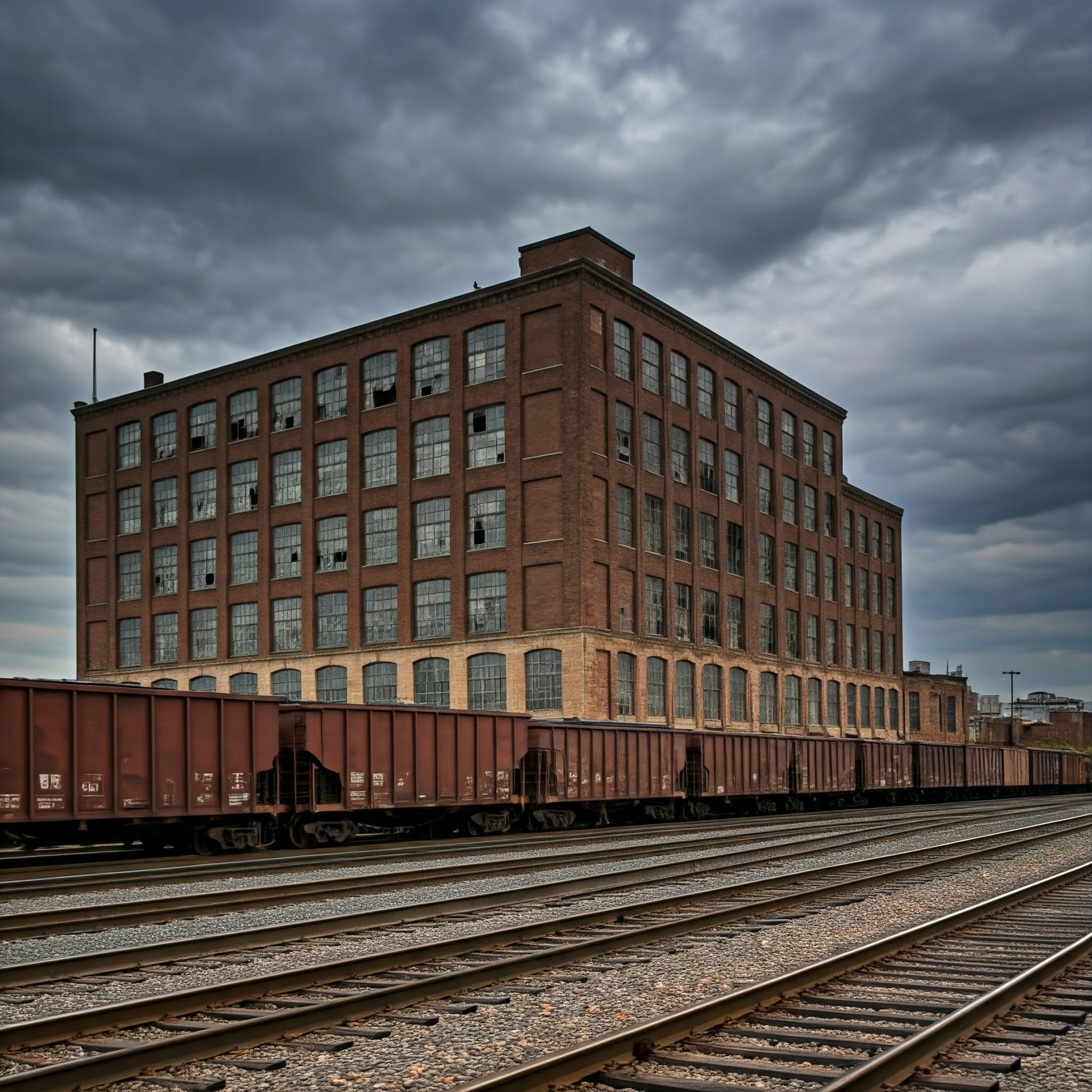










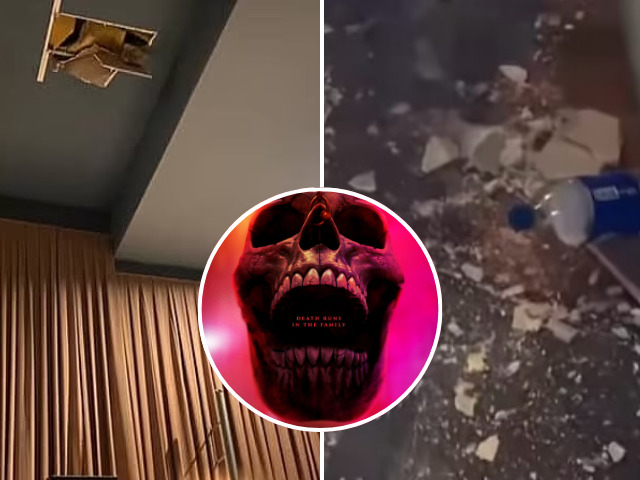

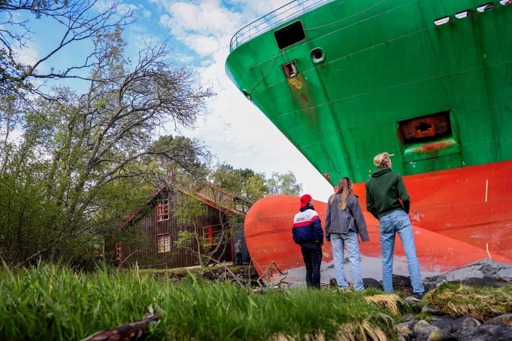








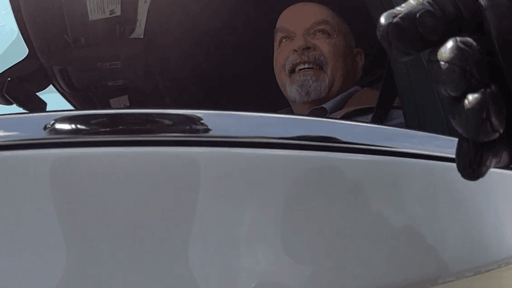




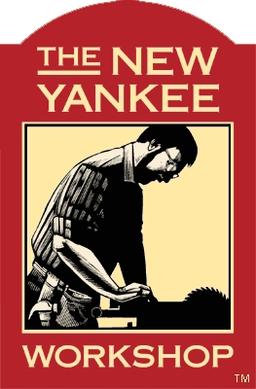




It’s undergoing mitosis